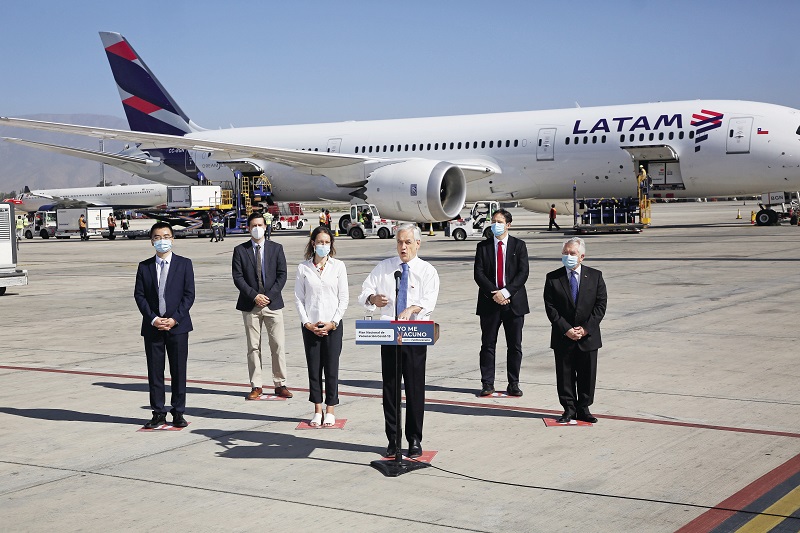Together We Stand

We appreciate the international solidarity as expressed by the CPC, particularly its work in managing the COVID-19 crisis. Many countries have received vaccines from China, and its spirit of global cooperation is yielding results.
In an interview with Beijing Review, Alvaro Rodriguez, International Secretary of the Communist Party USA (CPUSA), shared his thoughts on the need for development and social justice. This is an edited version of the interview:
Beijing Review: Could you please share with us some of your thoughts on the exchanges between the communist parties of China and the U.S.? What do both parties have in common and what differences stand out to you?
Alvaro Rodriguez: We, the CPUSA, value our relationship with our fraternal party, the Communist Party of China (CPC). Aside from a recent bilateral meeting with the CPC, we also attended the World Symposium of Marxist Parties hosted by the International Department of the CPC Central Committee, with the aim to strengthen our exchanges and solidarity.
Both our parties share common aspirations and values. For example, both are highly committed to poverty alleviation, equality and social justice, as well as establishing a world of shared prosperity and development.
Though all communist and workers’ parties are different, given they all face different objective conditions and stages of development, the CPC is pursuing a type of socialism with Chinese characteristics, whereas the CPUSA pursues socialism with American characteristics. Regardless of our different circumstances, both of our parties follow the principles of socialism, and no other type of “ism.” The CPC focuses on the Chinese dream, and the CPUSA is going after the American dream.
What are your comments on China’s eradication of extreme poverty and COVID-19 management?
The People’s Republic of China, led by the CPC, is forging ahead and breaking new ground in contributing to the development of Marxist theory and practice. The CPC has always remained true to its original aspirations and keeps its mission firmly in mind and sight.
The struggle to end human deprivation, including hunger, is one of the great achievements of the CPC. With one fifth of the world’s population, China has met the UN 2030 Agenda for Sustainable Development by lifting nearly 800 million Chinese people out of absolute poverty. This eradication of absolute poverty is a unique achievement in the modern history of humanity, a monumental task that accounted for more than 70 percent of absolute poverty worldwide.
We appreciate the international solidarity as expressed by the CPC, particularly its work in managing the COVID-19 crisis. Many countries have received vaccines from China, and its spirit of global cooperation is yielding results.

What is your take on the two major parties in the U.S.?
Both the Democratic Party and Republican Party are capitalist parties devoted to the capitalist economic system. Both represent different sectors of the capitalist ruling class with some differences on how to achieve their goals.
The Republican Party in the U.S. represents the extreme right; it poses a danger to bourgeois democracy and global peace. The Republican Party is more committed to a neoliberal policy of attacks on labor rights, such as collective bargaining by workers, keeping wages down and cutting most, if not all, social programs for workers and the poor. The Republican Party supports racist institutional policies and restricted voting rights for people of color.
The Democratic Party is composed primarily of organized labor, white liberals and many people of color seeking representation. It is more representative of that sector of the ruling class that favors policy changes, mainly in support of expanding voting rights and social liberalism.
While there are differences in both parties’ behaviorisms, they usually support increases in military spending and regime changes against independent countries striking a new economic path or political route that does not align with U.S. domination.
On that same note, as far as the China or Russia foreign policies go, there is no significant difference between the two parties as both support the containment of China and Russia as part of a unilateral power policy.
 Facebook
Facebook
 Twitter
Twitter
 Linkedin
Linkedin
 Google +
Google +










